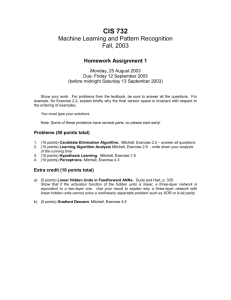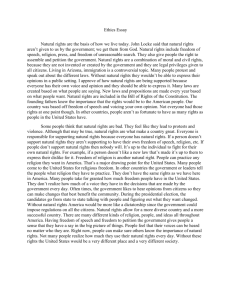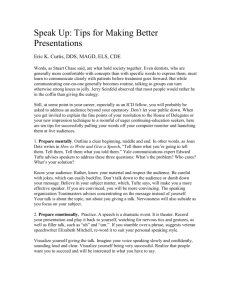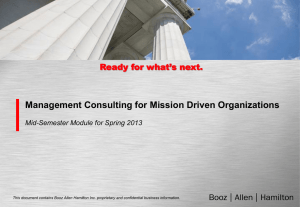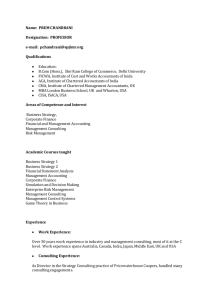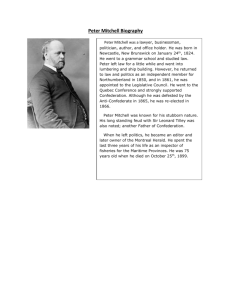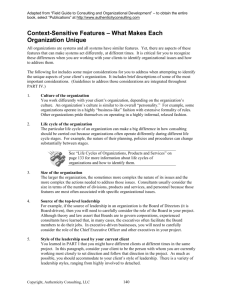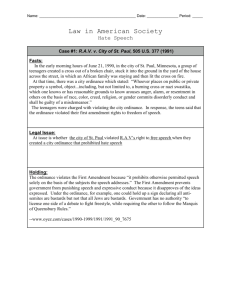C. Issues of Managers Today
advertisement
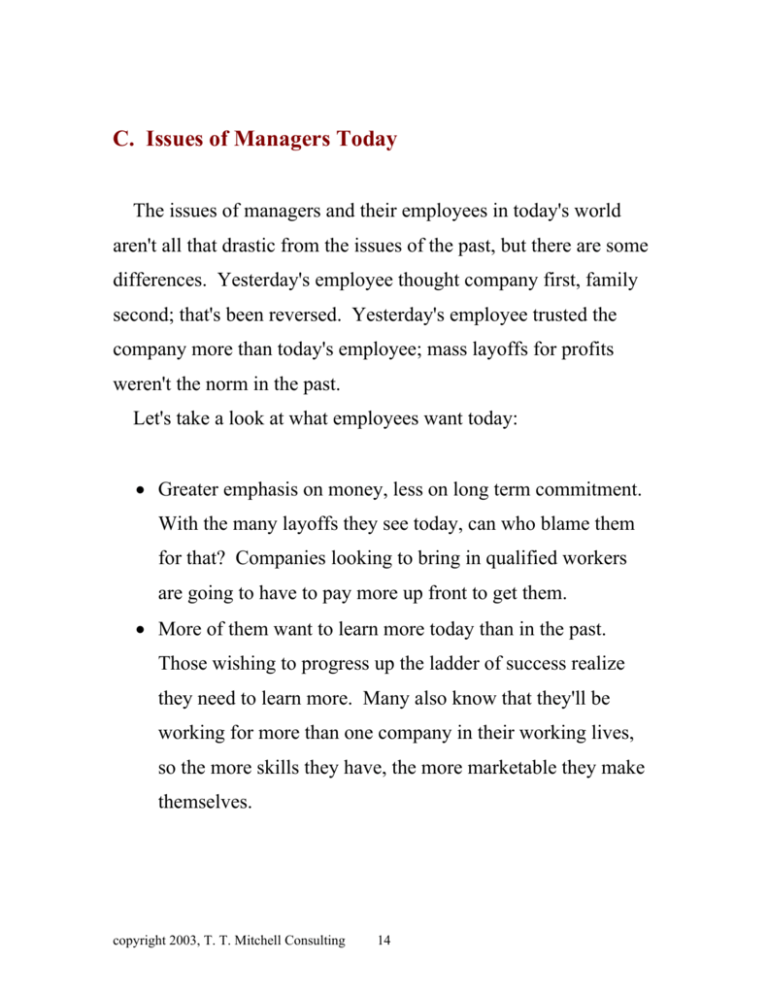
C. Issues of Managers Today The issues of managers and their employees in today's world aren't all that drastic from the issues of the past, but there are some differences. Yesterday's employee thought company first, family second; that's been reversed. Yesterday's employee trusted the company more than today's employee; mass layoffs for profits weren't the norm in the past. Let's take a look at what employees want today: • Greater emphasis on money, less on long term commitment. With the many layoffs they see today, can who blame them for that? Companies looking to bring in qualified workers are going to have to pay more up front to get them. • More of them want to learn more today than in the past. Those wishing to progress up the ladder of success realize they need to learn more. Many also know that they'll be working for more than one company in their working lives, so the more skills they have, the more marketable they make themselves. copyright 2003, T. T. Mitchell Consulting 14 • There's a significant group that just wants to come to work and go back home at the end of the day. They don't want to be at any supervisory level. It doesn’t mean they don't want to be the best they can be, and it doesn't mean they don't want to learn the most they can about what it is they do. But you don't want to alienate them because they should be the bulk of your work force. • Employees aren't fooled by the concept of the workplace as family. Those days are long gone. Family is family; work is work. If you're a manager, realize that you're automatically the "enemy"; work to break down those walls. • Employees want you to give them what they need to perform their duties. How much of yourself are you willing to give? How many resources are you willing to help provide for so they can give you their best? They want you to cater to them, not the other way around. • Employees want to be treated fairly, and if you don't they're more willing to leave sooner. Everyone deserves the same treatment; just remember that everyone isn't equal. It's a tough concept to deal with; it'll be covered more at a later time. copyright 2003, T. T. Mitchell Consulting 15 And what are the issues facing managers, besides those above? Some are: • More responsibility with fewer personnel. Every time a company has to downsize it still expects the same productivity as before. This means you not only have to assume more of the burden of responsibility because there's fewer managers, but you also have to develop new systems that fit fewer employees in order to keep up. • Little or no management training for personnel in most areas. Even if you have some management skills, your peer might not. It's not always hard to come up with solutions; it's hard getting people to buy into them, especially if they don't feel they've been made to feel a part of the process. • More interaction with employees in other areas of the company. With less of a management structure and fewer trained managers, sometimes you have to go directly to people in other departments for answers. This can be dicey and cause resentment when other managers feel you may be usurping their authority. You have to get the job done the best you can, but you'd better tread lightly. copyright 2003, T. T. Mitchell Consulting 16 • Customer service and other employee training is more crucial. Your customers aren't only those who buy your product, or whom you service. Your customers are everybody; your employees, other employees, peers, upper management, board members. Education in this regard is always important. But it's not enough; education all across the board is what's going to determine how successful your area will be. Not only will it give your employees the best chance to do the job correctly, but you'll find out earlier which employees can't handle the responsibility and possibly needs to be removed from the team. • Employee rights. Managers are more liable for protecting their employees in today's world. If they don't, the employee will not only grieve the process; they may sue. And you could end up being personally responsible for the acts of others. copyright 2003, T. T. Mitchell Consulting 17

